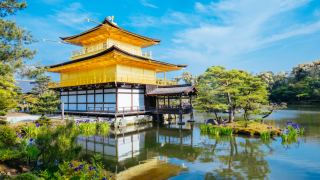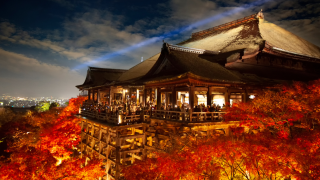 LOANWORD
LOANWORD When the Netherlands Is Written in Kanji: What Does “和蘭陀” Mean and What Is Its Historical Background?
Did you know that the Netherlands used to be written as "和蘭陀" in Japanese? This is not just a historical curiosity. It reveals how language, culture, and international exchange shaped written Japanese. By understanding the meaning and use of this term, you’ll gain insight into how Japan absorbed foreign influences while maintaining its linguistic identity.









